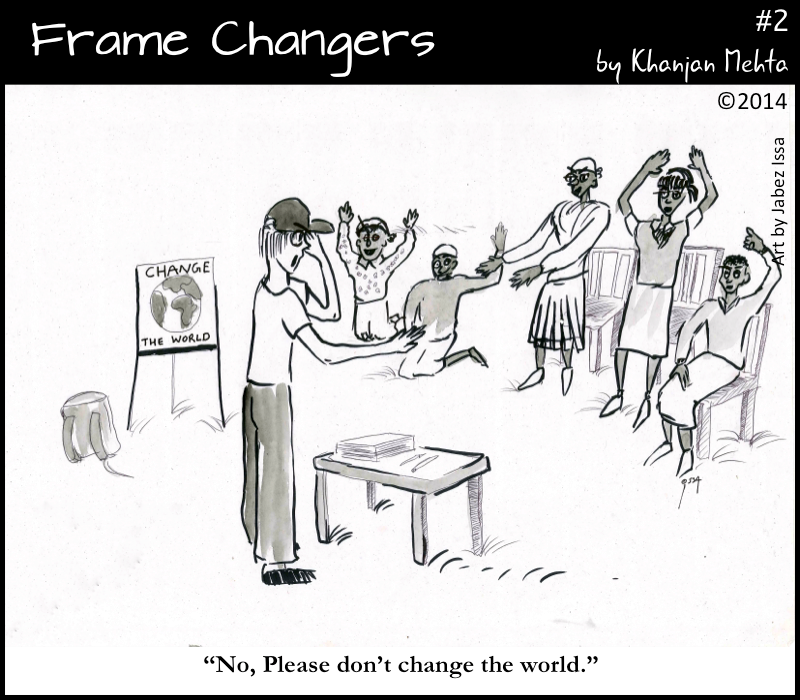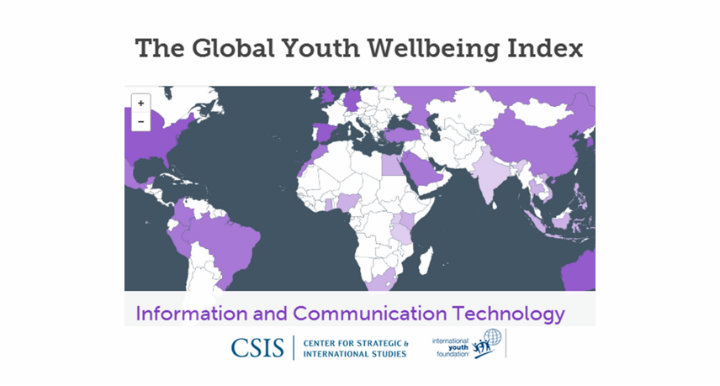Featured image credit: Janjua Amolksimranjit Singh
It was an immense pleasure to be a part of the two-day TechChange course ‘Mobile Phones for International Development’ with Nick Martin and fellow George Washington University classmates. Over the course of one weekend, we covered several themes that lie at the intersection of technology and development. We studied several ICT4D case studies where countries were working to develop technology-based solutions for specific issues, and delved deep within the intricate world of International Development as practitioners. Resonating with me the most were our discussions centered on normative practices which (should) go hand in hand with developing sustainable solutions for communities in varying contexts.
Of the 9 Principles for Digital Development, the first, “Design for User” prove how crucial it is for policymakers and practitioners to listen and learn to the needs and proposed solutions identified by the target communities themselves. As practitioners, we tend to view the communities as passive recipients of our conceptualized development framework. For truly sustainable solutions, policymakers must avoid this thinking, and view the target communities as independent agents of change to find avenues for meaningful collaboration, rather than imposing paternalistic policies that perpetuate dependency and powerlessness. The technology-based development approach presents opportunities and challenges that have been generally associated with development policy and practice. Technology can be a potent catalyst of positive change in impoverished communities if the designers and implementers pursue the noble task of aiding these communities as partners with a mutual respect. If we exclude the target population from the designing part of interventions, technology can provide symptomatic solutions at best, without addressing the underlying factors that cause and aggravate the problem in question.
The lively discussions throughout this course made me realize that technology-based development approach can amplify its effectiveness and outreach through innovative participatory community-driven solutions. The answer to the sustainable development puzzle does not lie in a grand design or state-of-art technology, but in home-grown adaptive initiatives. The proposed solutions of target population seem to be the missing link in much of the ICT4D discourse. If we truly want to change the world, our first step is to listen to the ones whose lives will be affected by our policies and projects.
About Obaid
Obaid Arshad Khan is a Fulbright Scholar from Pakistan, and a current M.A. Candidate for International Development Studies at George Washington University in Washington, DC. Previously, he has worked with Interactive Research and Development as a Research Associate for projects focusing on electronic vaccines registry, social business model for Tuberculosis case detection and treatment, and Health Market Innovations. His core research interests lie in the behavioral economics, cutting edge technology, public health and other international development policy and practice themes.






